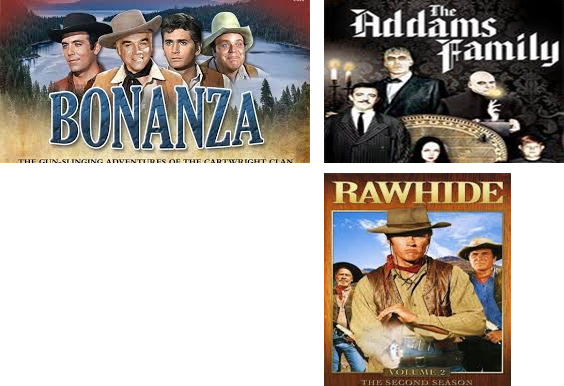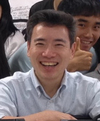A way to communicate in English 英語コミュニケーション学科
2022年11月08日
ゼミ/授業名:Fujioka ゼミ

I love to watch television. When I was about kindergarten age, I watched many programs in English, and I would observe each person's actions and mimic the words and phrases they said. Some common phrases were:
Excuse me?
Cut it out! (Stop it!)
Hey, wait a minute!
Beats me. (I don't know.)
Cool!
No sweat, man. (No worries.)
Take it easy.
That's unreal. (That's unbelievable.)
Then I would try them out when I talked with my English-speaking friends.
The key was not to be afraid to use the phrases when you communicated with your friends.
Key words and phrases
Mimic: to copy the way someone speaks or behaves, especially in order to make people laugh.
Excuse me: 1. asking to repeat what someone has said, 2. to say you're sorry for having done something.
Cut it out: Stop it, stop doing that.
Wait a minute: when somebody wants you to stop doing something.
Beats me: I don't know.
Cool: great, fine, excellent.
No sweat: No worries, do not worry about it, no problem.
Take it easy: to say good-bye and to relax.
Unreal: Unbelievable, incredible, amazing.
Try something out: to test something to see if it is effective or works properly.
担当教員:Ken Fujioka
 I have a Japanese name and I've lived in Japan for a long time. However, I am an American. My great grandfather was born in Yamaguchi Prefecture. In 1894, he and his wife emigrated and worked in Hawai'i. They returned to Japan but his oldest son, my grandfather, remained in Hawai'i with his family there. His oldest son, my father, was also born in Hawai'i. In Japanese, I am a 日系四世。My family history is interesting because it follows some important events in world history such as the Meiji period, World War II and Showa period. As a result, I designed a history course about Japanese Americans.
I am an American but I was born in Nigeria. How is that possible? Although I was born outside of the United States I was a citizen by birth because my parents were also Americans. After Nigeria, I lived in Turkey, Japan, Indonesia, Brazil and Thailand. By the time I entered college I had lived in seven countries. Through my overseas experience I learned many things about each country such as languages, customs, foods and so on. For these reasons, I designed a course about understanding cultural differences.
I have a Japanese name and I've lived in Japan for a long time. However, I am an American. My great grandfather was born in Yamaguchi Prefecture. In 1894, he and his wife emigrated and worked in Hawai'i. They returned to Japan but his oldest son, my grandfather, remained in Hawai'i with his family there. His oldest son, my father, was also born in Hawai'i. In Japanese, I am a 日系四世。My family history is interesting because it follows some important events in world history such as the Meiji period, World War II and Showa period. As a result, I designed a history course about Japanese Americans.
I am an American but I was born in Nigeria. How is that possible? Although I was born outside of the United States I was a citizen by birth because my parents were also Americans. After Nigeria, I lived in Turkey, Japan, Indonesia, Brazil and Thailand. By the time I entered college I had lived in seven countries. Through my overseas experience I learned many things about each country such as languages, customs, foods and so on. For these reasons, I designed a course about understanding cultural differences.
